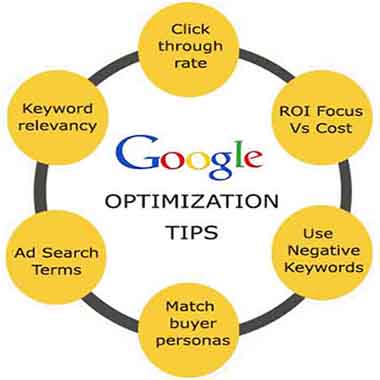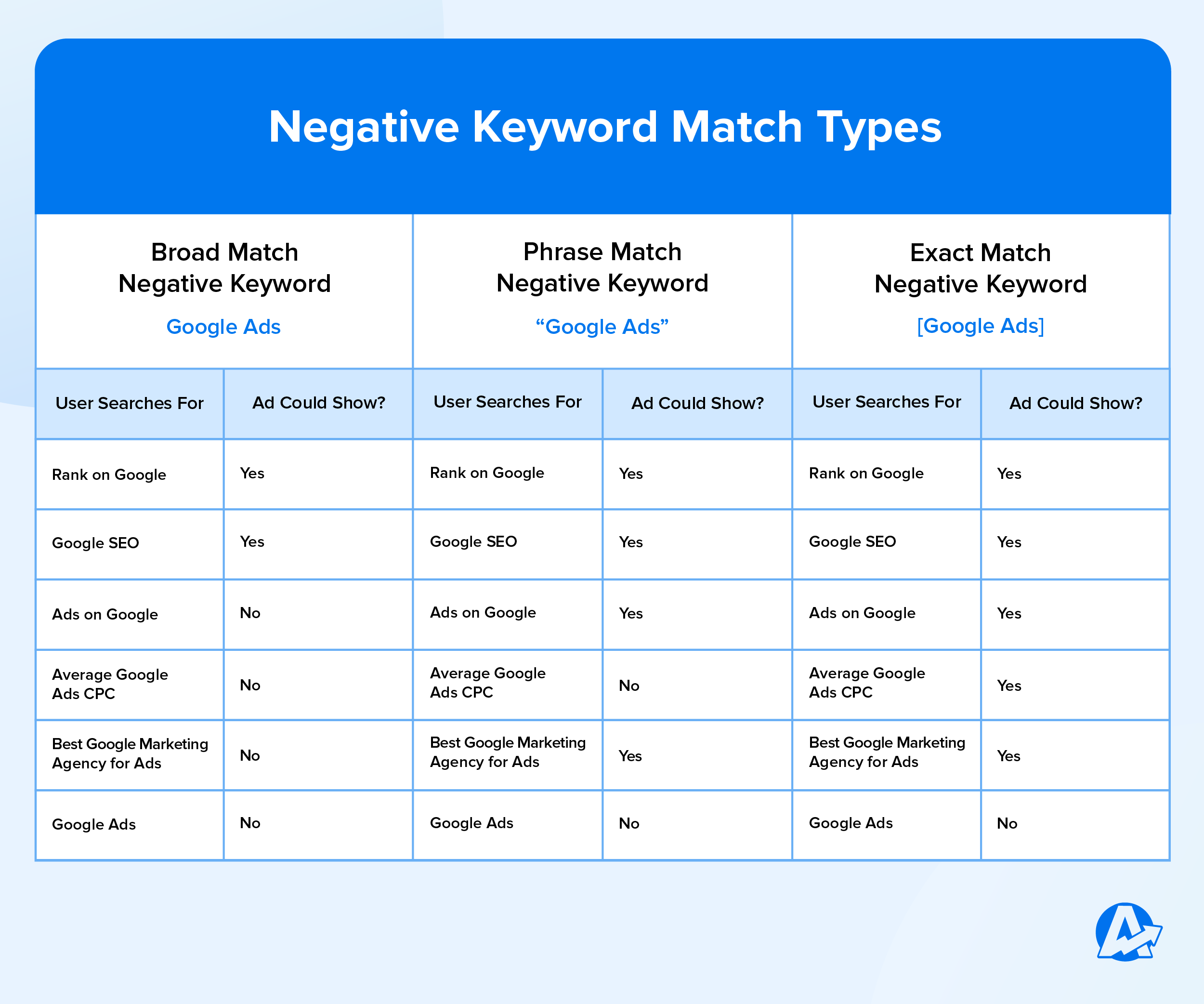Optimize Google Ads by refining your keyword strategy and enhancing ad copy. Use A/B testing to improve ad performance.
Google Ads optimization is crucial for maximizing your return on investment. Focus on selecting relevant keywords that match user intent. Craft compelling ad copy to attract clicks and conversions. Regularly review and adjust your bids to stay competitive. Utilize A/B testing to identify what works best for your audience.
Optimize landing pages to ensure a seamless user experience. Leverage ad extensions for added visibility and value. Monitor performance metrics closely and make data-driven adjustments. Proper optimization can lead to higher click-through rates, better ad placement, and increased conversions. Effective management of your Google Ads campaigns can significantly boost your business growth.

Credit: ppcexpo.com
Introduction To Google Ads Optimization
Google Ads can bring more traffic to your website. It helps to reach more customers. Many businesses use Google Ads to grow. It can make your brand more popular. Customers find what they need faster. You can see better results with proper optimization.
Return on Investment (ROI) is very important. Good ads can make you more money. You spend less and earn more. This helps your business grow. Better ads mean better sales. Customers buy more when ads are good. You can track your spending and earnings. This helps to improve your ads more.
Setting Up For Success
Boost your campaign performance by fine-tuning your keywords, ad copy, and targeting settings. Maximize ROI with regular performance analysis and adjustments.
Choosing The Right Campaign Types
Picking the correct campaign type is very important. Search campaigns are great for reaching people who are already searching. Display campaigns can help you reach a wider audience. Video campaigns are perfect for showing engaging content. Shopping campaigns are ideal for promoting online and local inventory. App campaigns help drive app installs and engagement.
Understanding Your Audience
Knowing your audience is key. Use tools like Google Analytics to gather data. Look at age, gender, and interests. Check which devices they use the most. Knowing this helps you create better ads. Make sure your ads speak to your audience. This increases the chances of success.
Keyword Mastery For Maximum Impact
Mastering keywords boosts the effectiveness of Google Ads. Strategic keyword selection ensures ads reach the right audience, maximizing impact and ROI.
Selecting High-performance Keywords
Choose keywords that match your business goals. Use keyword research tools to find high-traffic terms. Look for low-competition keywords to save costs. Focus on long-tail keywords for better conversion rates. Regularly update your keyword list to stay relevant.
Utilizing Negative Keywords
Add negative keywords to avoid irrelevant clicks. This saves money and improves ad performance. Use search terms report to find unwanted keywords. Regularly update your negative keyword list to keep it effective. This helps you reach your target audience more efficiently.

Credit: www.hillwebcreations.com
Ad Copy That Converts
Write attention-grabbing headlines. Use strong action words. Keep headlines short and simple. Ask a question or offer a solution. Include numbers or statistics. Test different headlines to find the best one.
Add detailed descriptions. Describe benefits and features. Use keywords naturally. Keep sentences short and to the point. Create a sense of urgency. Use call-to-action phrases. Make sure descriptions match the headline. Test different descriptions to see what works.
Leveraging Ad Extensions
Ad extensions make your ads better. They provide extra information. There are many types of ad extensions. Some popular ones are sitelink extensions, call extensions, and location extensions.
Sitelink extensions add extra links to your ad. Call extensions add a phone number. Location extensions show your business address.
Make sure to use ad extensions that match your goals. Use sitelink extensions to guide users to specific pages. Use call extensions to get more phone calls. Use location extensions to bring people to your store.
Keep your ad extensions updated. Make sure all information is correct. Test different extensions to see which works best.

Credit: agencyanalytics.com
Advanced Optimization Techniques
Bid adjustments can improve your ad performance. Adjust bids based on device, location, or time of day. Use higher bids for high-performing times and devices. Lower bids for times or devices with low performance. This strategy helps allocate budget effectively.
A/B testing compares two versions of an ad. Test different headlines, descriptions, and calls to action. Find out which version performs better. Implement the winning version for better results. Always be testing to keep improving. This method ensures your ads stay effective.
Frequently Asked Questions
How Do You Optimise Google Ads?
Optimize Google Ads by using targeted keywords, creating compelling ad copy, setting a clear budget, analyzing performance data, and refining audience targeting.
How Can I Make Google Ads Work Better?
To make Google Ads work better, use targeted keywords, optimize ad copy, test different ad versions, monitor performance, and adjust bids regularly.
How Do I Optimize My Google Ads Cpc?
To optimize Google Ads CPC, use targeted keywords, improve Quality Score, refine ad copy, use bid strategies, and analyze performance data.
How Often Should You Optimize Google Ads?
Optimize Google Ads weekly to ensure optimal performance. Regular adjustments help improve targeting, budget allocation, and ad relevance.
How Can I Improve My Google Ads Performance?
Optimize keywords, use negative keywords, and improve ad quality scores for better performance.
Conclusion
Mastering Google Ads optimization can boost your online presence and drive conversions. Implement these strategies consistently for best results. Regularly monitor performance and adjust your tactics. Remember, continuous learning and adaptation are key. With patience and practice, you’ll see significant improvements in your ad campaigns.
Happy optimizing!
